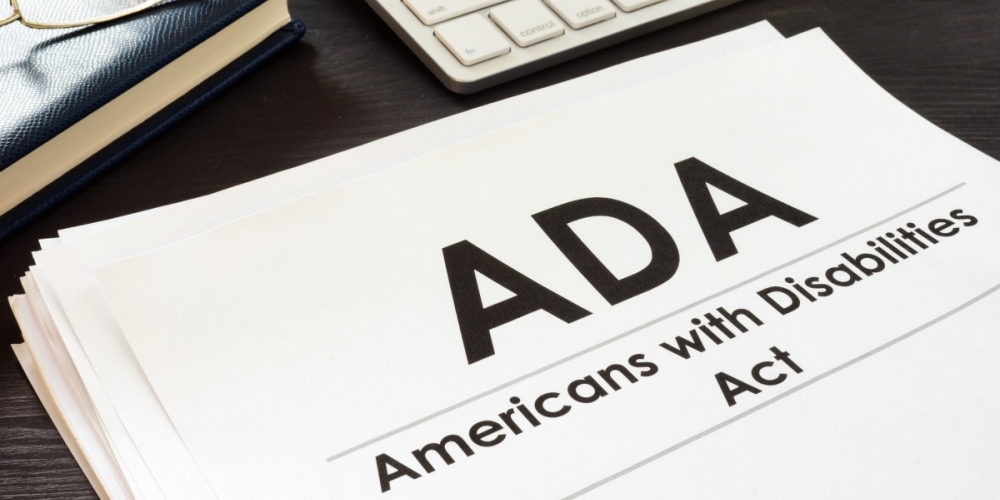On Tuesday a Federal Court in New Jersey ruled that the Port Authority would not be subject to a lawsuit for discrimination based on their failure to accommodate a Jewish employee’s request not to work on the Sabbath and Jewish Holidays. This does not mean that employers are free to ignore an employee who asks for accommodations. Religious accommodations have different requirements based on what type of employer you are. Private employers face cases based on an employee’s religion infrequently by comparison to lawsuits filed for failure to accommodate an employee under the Americans With Disabilities Act (ADA). In the instance of a failure to accommodate a disability, the same concept applies that caused the Court to dismiss the claim against the Port Authority. An employee must offer a reasonable accommodation to a disabled person under the Americans with Disabilities Act (ADA), if they are capable of performing the essential functions of that job with the accommodation. However, when the accommodation would have a significant negative impact on other employees with the same job, violate rights granted to employees under a collective bargaining agreement, or change the nature of the job, the law does not always require the employer to accommodate the employee. When these exceptions apply is a complex legal issue and getting it wrong can mean significant legal liability. For help determining whether or not you must grant an employee an accommodation, under the ADA, call Attorney Joshua Sheskin at the Broward County Headquarters of Lubell Rosen. – By Joshua H. Sheskin, Esq., 954-880-9500 - [email protected]



